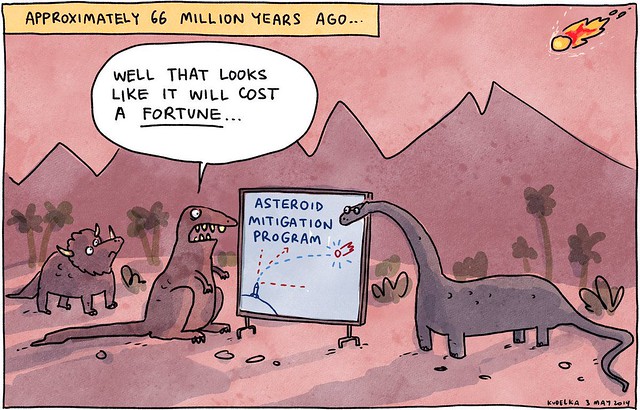Since the unpleasant discovery that the government's health-sector centralisation has led to greater secrecy, there's been a lot of calls for greater transparency. Weirdly though these have been limited to the health sector, and primarily aimed at restoring the degree of transparency over health decision-making we had before. Which seems rather limited. So, I'd like to ask a provocative question: why shouldn't all government board meetings be open by default, rather than secret by default?
The discussion around Te Whatu Ora has reminded us of the benefits of openness, and we already have an established and well-tested model from local government and DHBs. This sets transparency as the baseline, while allowing secrecy where legitimate withholding grounds exist. The same arguments for using it for local government apply equally strongly (if not more so) to central government. So why not do it?
Largely, I think the government's answer is tradition. They've never done things that way, and see no reason to change. And of course central government business is so much more important than local government, so therefore naturally more secret. But on the first point, "tradition" is a bad reason to do anything - as we've seen in countless other policy areas, being traditional doesn't make something right, or a good idea. As for the second, bigger decisions which affect more people is actually an argument for more transparency, not less.
Democratic government is an act of constantly justifying your decisions to the public. Transparency by default makes that easier, not harder. It lets us see that decisions are well-grounded, that views have been taken into account, alternatives considered, and options tested. The need to withstand outside scrutiny is a good check on policy and helps catch mistakes. And this in turn increases public trust and the legitimacy of government decision-making. These are positive benefits, both for government and our democracy. And we should claim those benefits for central as well as local government, and expand their application as far as they can go.






